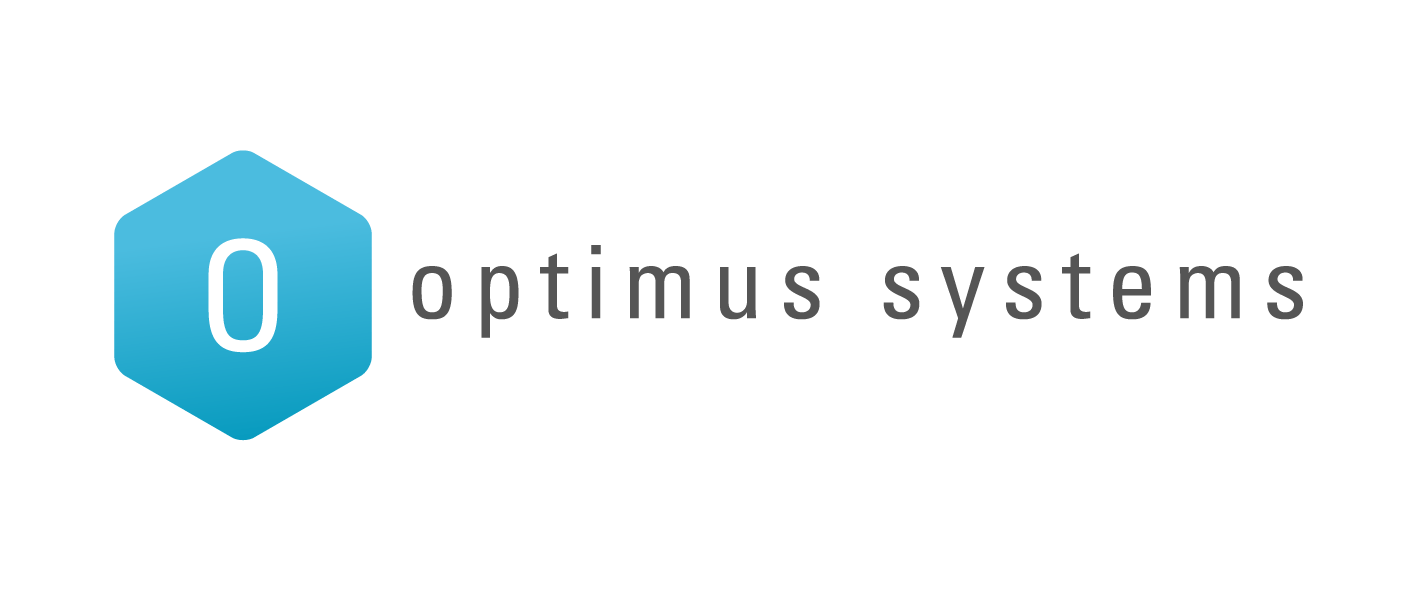Big data is one of the buzzwords that’s thrown around a lot in technology circles. But – what is big data? And is it actually useful or relevant for your business?
Here’s your practical guide that not only explains what big data is – in plain English – but gives you some pointers on how it can make a real, measurable difference in your business.
So what is big data?
Big data refers to data that’s stored in separate places, and then drawn together to make the data more meaningful and effective for your enterprise.
For example, your organisation may have data sitting in your CRM system, accounting software, website analytics, email newsletter system, point of sales systems, and more.
On top of that, the “internet of things” (another of the buzzwords you’ll hear) collects more data. This refers to the relatively cheap and information-sensing devices such as smart phones, tablets, software logs, cameras, microphones, RFID readers, and so on. These devices all collect a specific type of data on a daily basis.
Big data lets you join up the dots by connecting this seemingly unrelated information, and in a way that makes it useful in your organisation.
If you think that big data is just for big businesses, you’re wrong…
Cloud technology means that SMEs now have the opportunity to leverage tools that once only large corporations had access to. This is a fantastic opportunity for New Zealand businesses!
But before you rush to find software that can join up the dots, there are a number of steps you need to take first.
How do you get started with making sense of big data?
Information Age has some good tips for SMEs in getting started with big data – read their article on big data.
To sum it up, the steps they suggest are:
- Define the objectives.
- Identify all the data sources.
- Join up the data and consolidate.
- Analyse reports and dashboards to understand the data.
- Maximise and use the data to benefit the organisation.
Will you have too much data? Or not enough data?
According to research, 71% of organisations don’t have a big data strategy, with 21% not knowing enough about big data to plan for it.
A common reason given for not joining the big data movement is that SMEs believe they don’t have enough data to make it worthwhile.
Source: https://datafloq.com/read/also-smes-can-achieve-remarkable-results-with-big-/192
You can be assured – there is no such thing in this day and age of not having enough data – your business will have more than enough data to get benefits out of implementing a big data strategy!
And there are systems designed to cope with SME needs, as well as systems for large multinationals. Whilst there’s no one-size-fits-all solution, there are plenty of just-the-right-size options. And Optimus Systems can help you with this.
A good starting point for many SMEs is Microsoft Power BI. This business intelligence (BI) tool connects to numerous popular data sources, and lets you display your data visually in a way that’s intuitive and easy. And best of all, the basic version of Power BI is free! Read more about Microsoft Power BI. Link to new blog article.
How can you use big data in your SME?
Here are just some of the ways that you can use big data in your enterprise:
- Customer data: Create predictive models for customer loyalty; ascertain the lifetime value of a customer; understand customer churn; and discover which products your customers buy together, or other purchasing behaviours.
- Marketing decisions: Better understand which marketing channels perform best for you; understand your audience better; and predict customer behaviour in both online and real world sales scenarios.
- Website and app development: Understand which content is performing best for you to guide your future content strategy; personalise offers and promotions to suit customer behaviours; and get a better idea on how to use A/B and multivariate testing.
- Risk management: Evaluate factors that are linked to fraudulent activity; identify accounts that are putting your cash flow at risk; and select the optimal pricing for your products or services. You can also undertake all kinds of financial scenario planning to facilitate your budgeting decisions.
- Operations management: Big data isn’t just for marketing and accounts, it’s extremely helpful in supply chain management too. You can forecast production cycles or customer demand using different scenarios so you can optimise your planning. You can also analyse differences in trends and performance between your different locations.
We bet that you’d find most of these tools extremely helpful in your business – and with a big data strategy, all this information is at your fingertips.
Next step: Contact Optimus Systems to get started
Optimus Systems is here to give you the technology tools to help your business succeed. So let’s have a conversation about what success looks like for you, and we’ll give you the technology tools to make that happen. Just give us a call on 0800 359 933 to get the conversation started.




